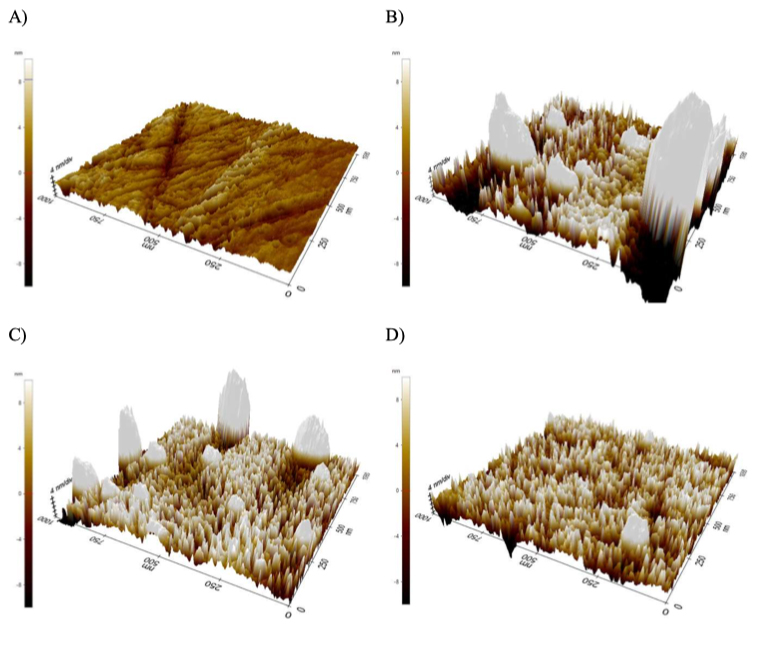Development of a clot-adhesive coating to improve the performance of thrombectomy devices
Skarbek C, Anagnostakou V, Procopio E, Epshtein M, Raskett CM, Romagnoli R, Iviglia G, Morra M, Antonucci M, Nicoletti A, Caligiuri G, Gounis MJ. Development of a clot-adhesive coating to improve the performance of thrombectomy devices
2023 • J Neurointerv Surg • [pdf]
BACKGROUND: The first-pass complete recanalization by mechanical thrombectomy (MT) for the treatment of stroke remains limited due to the poor integration of the clot within current devices. Aspiration can help retrieval of the main clot but fails to prevent secondary embolism in the distal arterial territory. The dense meshes of extracellular DNA, recently described in stroke-related clots, might serve as an anchoring platform for MT devices. We aimed to evaluate the potential of a DNA-reacting surface to aid the retention of both the main clot and small fragments within the thrombectomy device to improve the potential of MT procedures.
METHODS: Device-suitable alloy samples were coated with 15 different compounds and put in contact with extracellular DNA or with human peripheral whole blood, to compare their binding to DNA versus blood elements in vitro. Clinical-grade MT devices were coated with two selected compounds and evaluated in functional bench tests to study clot retrieval efficacy and quantify distal emboli using an M1 occlusion model.
RESULTS: Binding properties of samples coated with all compounds were increased for DNA ( approximately 3-fold) and decreased ( approximately 5-fold) for blood elements, as compared with the bare alloy samples in vitro. Functional testing showed that surface modification with DNA-binding compounds improved clot retrieval and significantly reduced distal emboli during experimental MT of large vessel occlusion in a three-dimensional model.
CONCLUSION: Our results suggest that clot retrieval devices coated with DNA-binding compounds can considerably improve the outcome of the MT procedures in stroke patients.



